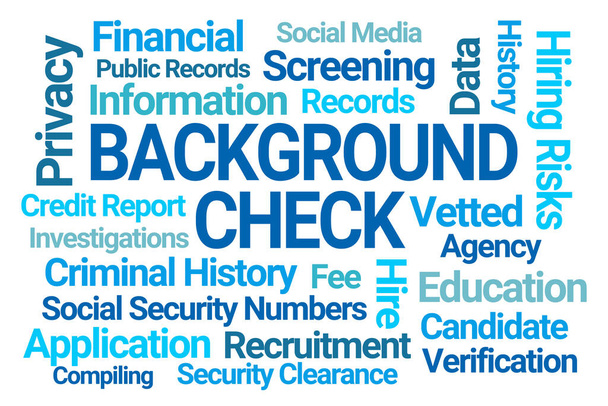Background checks play a vital role in various aspects of our lives, from employment to housing and personal relationships. In North Carolina, conducting background checks is a common practice to ensure safety and make informed decisions.

This article aims to provide a comprehensive guide to background checks in North Carolina, including their purpose, legal framework, and how they are conducted.
Purpose of Background Checks:
Background checks serve multiple purposes in North Carolina. Employers often perform these checks as part of the hiring process to verify an applicant’s credentials, employment history, and criminal record. Landlords and property managers may conduct background checks to assess a tenant’s reliability and financial stability. Additionally, individuals may opt for background checks to evaluate potential partners or to ensure their own safety.
Legal Framework:
Background checks in North Carolina are subject to both federal and state laws. The primary federal law governing background checks is the Fair Credit Reporting Act (FCRA), which regulates the collection, dissemination, and use of consumer information. In addition to federal regulations, North Carolina has specific laws that employers, landlords, and individuals must follow when conducting background checks.
The North Carolina Identity Theft Protection Act (NCITPA) sets forth guidelines for collecting and protecting personal information. This act also imposes obligations on businesses and organizations to notify individuals in the event of a security breach that compromises their personal information.
Criminal Background Checks:
Criminal background checks are a crucial component of many background investigations. In North Carolina, criminal records are maintained by the State Bureau of Investigation (SBI) and are accessible to the public. The SBI provides online access to criminal records, including arrest records, convictions, and sex offender registries.
Employers in North Carolina are legally allowed to consider an applicant’s criminal history during the hiring process. However, they must comply with specific guidelines, such as not discriminating against individuals based on their race, religion, or other protected characteristics. The North Carolina Department of Labor provides further guidance on fair employment practices.
Consumer Reporting Agencies:
Many background checks in North Carolina are conducted through consumer reporting agencies (CRAs). CRAs are private entities that collect and compile information on individuals from various sources, including public records, credit bureaus, and other databases. These agencies are subject to the FCRA and must ensure the accuracy and privacy of their information.
Individuals have certain rights under the FCRA when it comes to background checks conducted by CRAs. They have the right to know if a background check will be conducted and to give their consent. If adverse action is taken based on the information obtained from the background check, the individual has the right to be informed and to dispute any inaccurate or incomplete information.
Limitations and Considerations:
While background checks provide valuable information, they have limitations that must be considered. It’s essential to recognize that not all information may be available or accurate. Occasionally, errors or outdated records can appear in background reports, potentially harming individuals’ opportunities or reputations.
Furthermore, it is crucial to balance the need for information with respect for privacy rights. Employers and individuals must adhere to the legal requirements and ensure that background checks are conducted ethically and fairly. Discrimination based on protected characteristics is strictly prohibited.

Background checks are an integral part of decision-making processes in North Carolina. Whether for employment, housing, or personal reasons, these checks help ensure the safety and well-being of individuals and organizations. By understanding the legal framework, utilizing reputable sources, and considering the limitations of background checks, North Carolinians can make informed choices while respecting privacy and promoting fairness.
Learn more at Wiki as well.